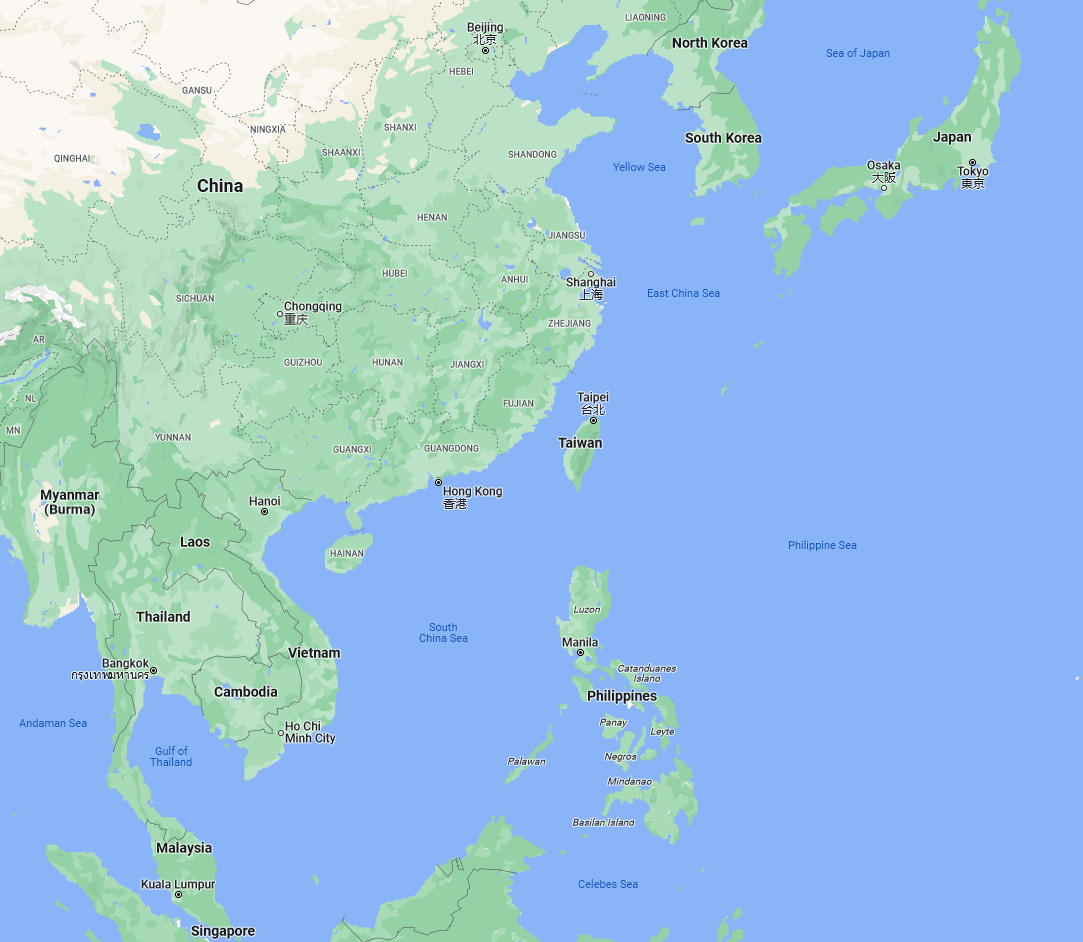Conflict Over Taiwan Would Severely Impact SE Asian Countries
Taiwan manufactures around 60% of the world’s semiconductors and over 90% of the world’s most advanced semiconductors.
LONDON - The Economist Intelligence Unit (EIU) released a white paper on Wednesday that not only would a conflict over Taiwan impact Japan, the Philippines, and South Korea the most, it would create a “severe vulnerability” for Australia and Hong Kong, as well as other regions within Southeast Asia.
The EIU, which is a research unit under the Economist Group media organization stated in the white paper, “The devastation of regional information and communications technology production and supply-chain networks would cause disproportionate shocks for Northeast and Southeast Asia”.
A conflict over Taiwan would cause a “huge disruption” in marine shipping, passenger traffic, as well as air cargo, the white paper said.
The paper said that the Taiwan Strait is one of the world’s busiest shipping planes, and Japan, the Philippines, and South Korea would be the most affected because of their close proximity to Taiwan, and the Strait.
“Although we would expect companies and logistics firms to respond to this by adopting a more circuitous route that avoids the Taiwan Strait, this would be costly in terms of time and money, and would involve higher insurance fees as risk premiums surge,” it said.
“Shocks to goods and services trade, including by way of closed or diverted maritime and air logistics networks would have a disproportionate effect on economic activity throughout much of Asia,” it added.
Taiwan manufactures around 60% of the world’s semiconductors and over 90% of the world’s most advanced semiconductors.
Countries located within Southeast Asia depend on Taiwanese-made semiconductors for their products, and would suffer further losses due to their “extensive trade links” with China, the paper said.
The EIU does not see businesses moving any of their supply chains out of the region, however, due to the fact that they still see opportunities for business there.
“As a result, organizations will probably seek ways to mitigate risk, rather than avoid it outright by pulling operations from Asia,” it stated.





